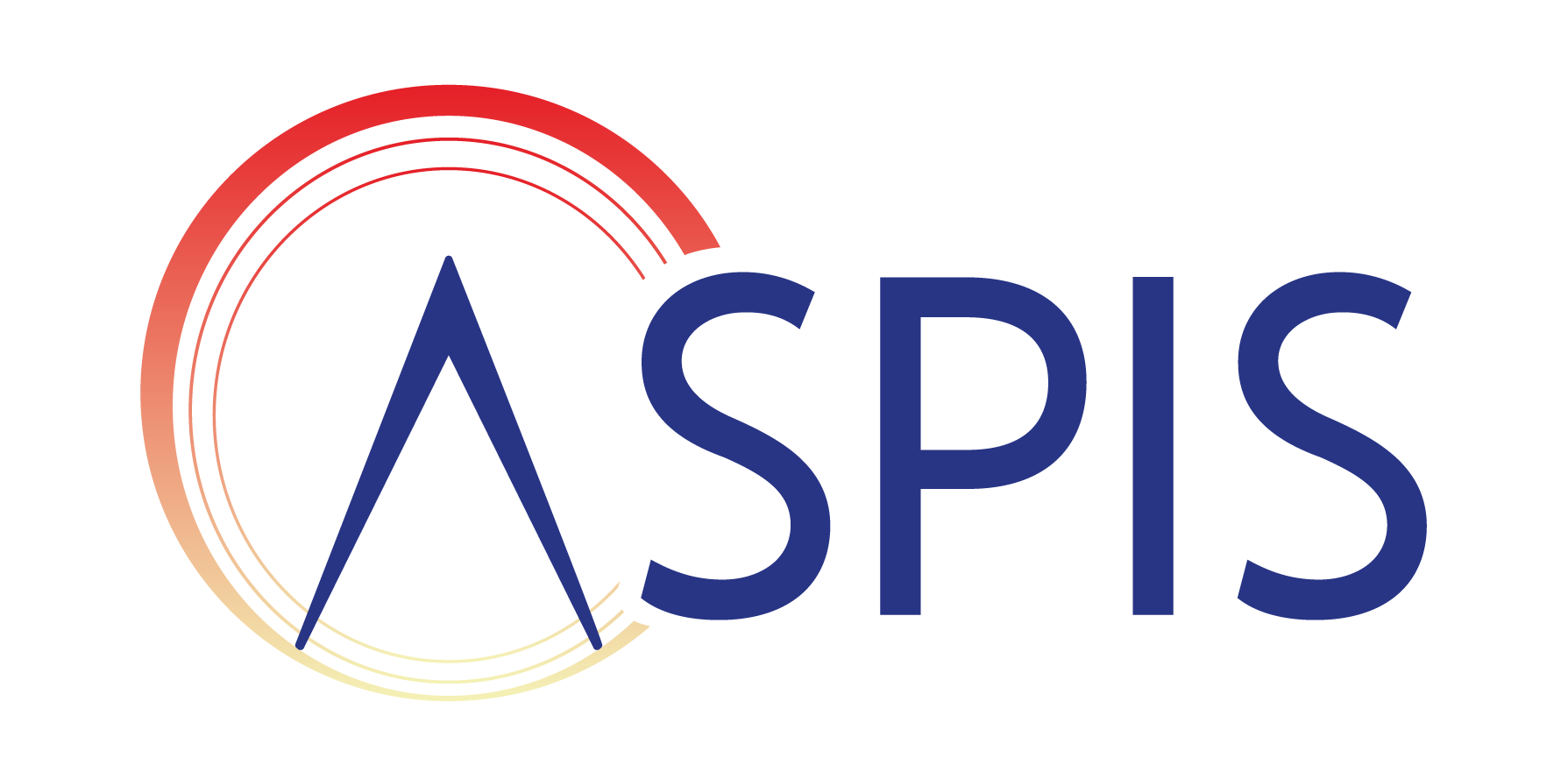In this ASPIS Academy interview, Gladys Ouedraogo, an expert from L’Oréal, shares her journey in the dynamic and challenging cosmetics industry. Led by Anna Melina Steinbach, an early career scientist from RISK-HUNT3R, this insightful conversation offers inspiration and guidance for young researchers exploring career paths in the industry. Discover what it’s like to work at the forefront of cosmetics and gain valuable advice for shaping your future.
Gladys Ouedraogo
Gladys Ouedraogo is a Senior Scientific Officer at L’Oreal.
Gladys earned her PhD in Pharmacy with excellence at the University of Padova. She continued her work as a postdoc in various research institutes, including Harvard Medical School, focusing on Photobiology. In 2003, she moved to the industry as an R&D Manager at L’Oreal. She is involved in research for NAMs in internal and external projects, including RISK HUNT-3R.
“What matters to you? What motivates you? What are the things you are not ready to compromise with, your preferred work/life balance style? These are essential considerations to have when exploring a job offer. You can shape your own career path, be bold.”
What attracted you to the industry?
Translational science is what attracted me to the industry. I wanted to see and contribute to how science was used to deliver products in the drug sector, and serendipity brought me to cosmetics.
What skills (technical and interpersonal) are most needed to succeed in this sector?
In terms of technical skills, having a solid background in a given field of expertise is essential. Developing the ability to work in autonomy as well as in collaboration with others is also crucial, along with communication in the field of expertise. For the soft skills: open-mindedness and ability to adapt in a changing environment given that projects might stop or start based on changes in strategic goals. It is also important to understand what is mandatory versus what is nice to have in a given project.
What does your typical day look like?
My typical day is made of in-person and remote meetings with partners we collaborate with in research initiatives. About a quarter of my day is dedicated to writing and reading documents related to research projects.
Can you describe the type of projects you work on?
Currently, most of my time is spent on projects related to addressing repeat-dose systemic toxicity with new approach methodologies. I am dealing with internal and external initiatives like The International Collaboration on Cosmetics Safety (ICCS) and RISK-HUNT3R.
What is rewarding in your job, and what do you have to compromise on?
I find it rewarding to work in a team of dedicated and passionate people. We do challenge each other while working towards achieving the same goals. What I do compromise on is the willingness sometimes to go in depth of some of the topics. It comes to what is needed versus what is nice to have.
How do you continue learning and developing?
Learning is a strong motivation for me. I believe it is important for a scientist to keep learning. Science and technology are evolving at a fast pace. I read publications, discuss with people in different fields and cultivate a few hobbies. Inspiration might come from areas very different from our field of expertise.
How do you manage work-life balance?
This comes with some self-discipline and paying attention to feedback from those close to us.
What role could young scientists have in accelerating the development and adoption of New Approach Methodologies (NAMs)?
Young scientists bring new ideas and new ways of working. They bring creativity that will accelerate the development and adoption of NAMs.
What does career progression look like in industry, and was your switch to industry intentional?
I have always wanted to work for a company. Working in a big company offers several opportunities for career progression and the possibility to work in a given field of expertise and embrace other challenges in other divisions.
How is the contract terms negotiation process in a private company? What would be the differences, benefits or pitfalls compared to academia?
I have a little experience in academia. Basically, my career so far has been in the industry. I would recommend taking into consideration one’s own values: What matters to you? What motivates you? What are the things you are not ready to compromise with, your preferred work/life balance style? These are essential considerations to have when exploring a job offer. You can shape your own career path, be bold.
Which advice would you give your younger self if you could meet her?
Be yourself, and be open to job opportunities that meet your fundamental values in life.

About the interviewer: Anna Melina Steinbach
Anna is a PhD candidate at the German Federal Institute for Risk Assessment (BfR) and the Technical University of Berlin. Her work focuses on in silico toxicology with the aim of the development of qAOPs as part of the RISK HUNT-3R project. Being involved in ASPIS Academy allows Anna to participate in activities of the project cluster and discover more subjects of interest while exchanging ideas with other group members. Moreover, she learns from experienced senior colleagues through dedicated workshops or direct interaction.

